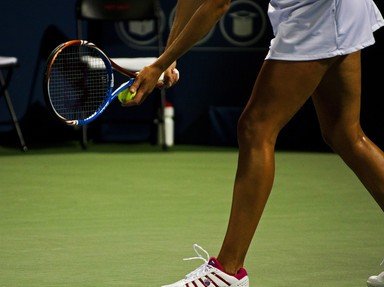
One-Hit Wonders Trivia Quiz
Wimbledon Champions
This quiz is about players who have won the Wimbledon Men's Singles only once. See if you can tell in which year they achieved this. Good luck and have fun!
A matching quiz
by Kalibre.
Estimated time: 3 mins.